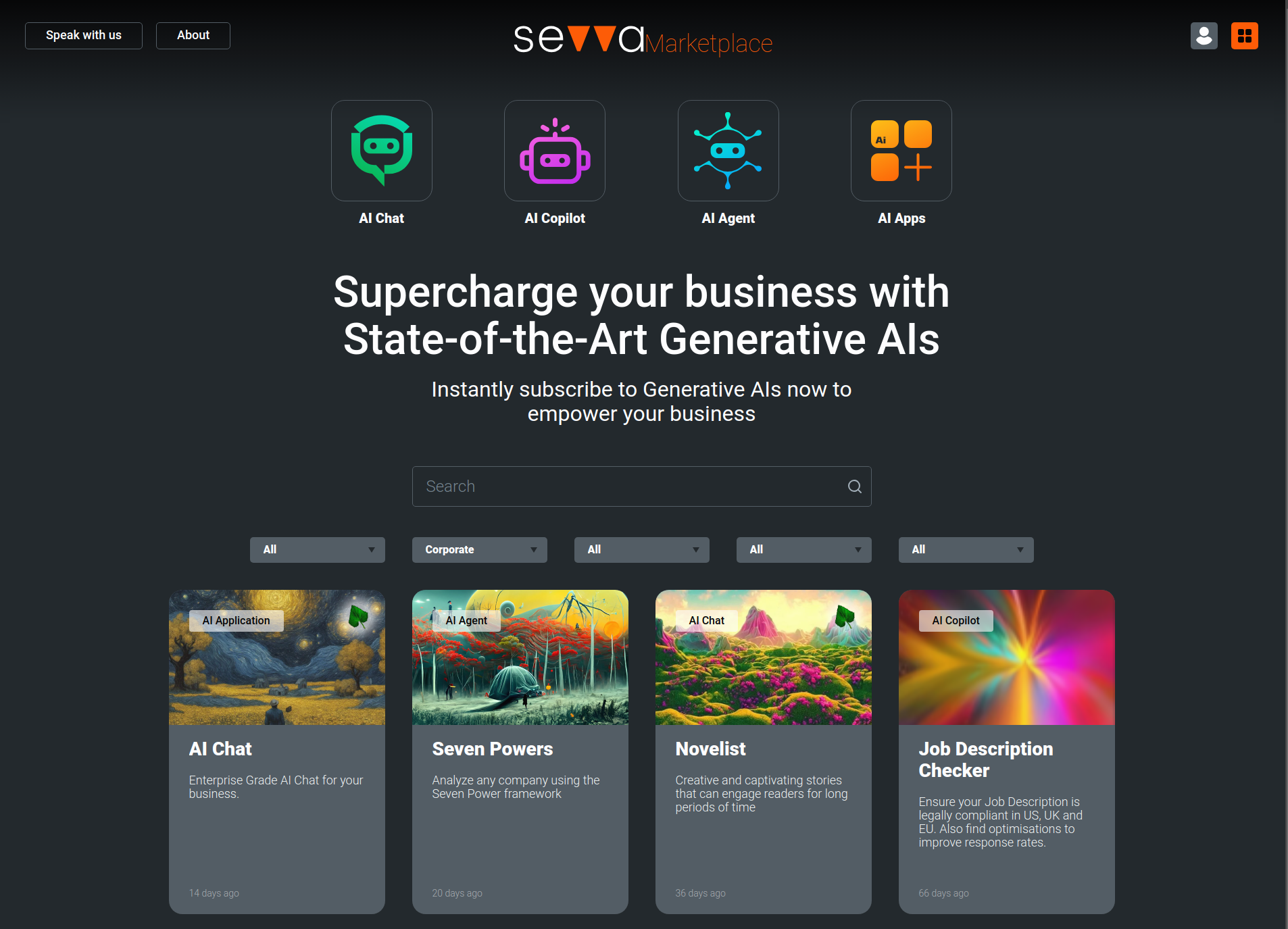As institutional investors with a long-term horizon, it is becoming increasingly critical to consider environmental, social, and governance (ESG) issues in your investment strategies. In this context, automation technologies offer a compelling solution, and they present an attractive investment opportunity. This post will delve into how automation can be a vital tool in the battle against climate change and why it should be part of your investment considerations.
Energy Efficiency Through Automation
One of the most direct ways automation can contribute to the fight against climate change is by increasing energy efficiency. Automated systems in industrial operations, manufacturing processes, and building management can significantly reduce energy consumption. According to a report by the International Energy Agency, automation could help cut energy use by 20% in sectors like manufacturing and transportation.
Investment Consideration
Companies specializing in building management systems, smart grids, and automated manufacturing processes represent promising investment avenues. The projected growth rates for these sectors provide not only strong ROI but also contribute to a lower carbon footprint.
Smart Agriculture: Feeding the World Sustainably
Traditional agriculture is a major contributor to climate change, accounting for approximately 24% of global greenhouse gas emissions according to the Food and Agriculture Organization (FAO). Automated solutions like precision farming, using drones and sensors, can greatly reduce the usage of water, fertilizers, and pesticides, leading to a more sustainable agricultural sector.
Investment Consideration
Innovative startups and established companies in the field of smart agriculture are ripe for investment. These companies offer scalable solutions with the potential for high returns and tangible environmental impact.
Waste Management and Recycling
The automation of waste sorting and recycling processes is another avenue where technology can significantly contribute to climate goals. Automated robots and sorting lines can increase the efficiency and effectiveness of recycling, reducing the amount of waste that ends up in landfills and lowering greenhouse gas emissions.
Investment Consideration
Look for companies pioneering in automation technologies specifically designed for waste management. These enterprises often enjoy regulatory tailwinds and can offer both environmental and economic benefits.
Carbon Capture and Storage
Automated systems are increasingly being used to enhance the efficiency of carbon capture and storage (CCS) technologies. These systems can monitor and adjust capture rates in real-time, increasing the overall efficiency and making CCS a more viable option for reducing industrial emissions.
Investment Consideration
Invest in companies that are leading the way in integrating automation with CCS technologies. Given the increasing focus on carbon pricing and the necessity of meeting global climate targets, CCS is likely to experience significant growth.
Risk Mitigation: Regulatory and Reputational Considerations
As the global community becomes more climate-conscious, regulatory measures are tightening. Investment in automation technologies can not only provide good returns but also act as a hedge against the risk associated with stringent climate regulations. Moreover, an ESG-aligned investment strategy boosts the reputational equity of institutional investors.
Automation technologies are a crucial ally in the battle against climate change. For institutional investors, this presents a dual opportunity: fulfilling fiduciary duties while also contributing to a more sustainable future. By strategically positioning your investment portfolio to include companies at the forefront of automation technologies, you can achieve attractive financial returns and help accelerate the transition to a low-carbon economy.





